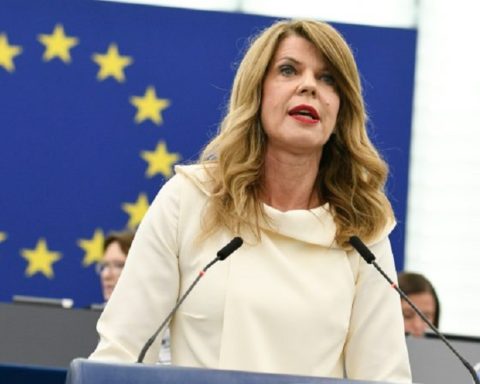"Rights for the people, rules for the corporations."
"AACC...inevitably brings uncertainties and risks."
The weight of the lobbies
The European Commission promises that standards will not be lowered, and that the standards in force in Europe will not be lowered. However, the experience of voluntary transatlantic cooperation in recent years suggests that the worst is likely to happen after the implementation of the AETC and TAFTA (see the NGO report Corporate Europe Observatory).
More transparency and democratic debate
Anything to add? Say it as a comment.












